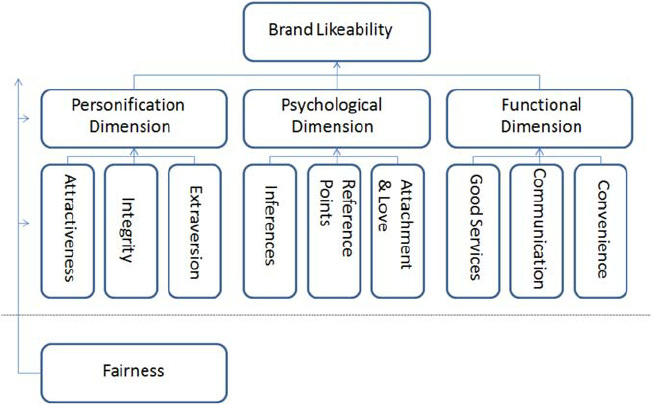💥 The Power of Influence in the Hospitality Industry
Understanding Cognitive Biases that Drive Decision Making
Influence plays a vital role in the hospitality industry by shaping consumer decisions, improving brand reputation, and driving business growth. By understanding the psychological principles of influence, hospitality professionals can create memorable experiences, establish strong customer relationships, and foster loyalty.
The psychology of influence is grounded in understanding human behaviour and the cognitive biases that drive decision-making.
Here, we explore key psychological concepts and their impact on the hospitality industry in greater detail.
☕ Let’s Check In!
Social Proof
Social proof refers to the phenomenon where people look to the actions and opinions of others to guide their behaviour. In the hospitality industry, social proof manifests through online reviews, ratings, and testimonials. A hotel with numerous positive reviews is more likely to attract new guests, as potential customers perceive positive feedback as a reliable quality indicator.
95% of travellers read reviews before booking a trip. WiserNotify
In addition to reviews, social proof can also come from influencers and celebrities. When well-known personalities endorse a hotel or restaurant, their followers will likely be influenced by their opinions. User-generated content, where guests share their experiences on social media, also contributes to social proof, creating a sense of community and trust.
Authenticity is the driving force behind the power of social proof. According to Edelman polls, 63% of consumers aged 18-34 trust influencer content more than branded advertisements.
Network Effect
The network effect occurs when the value of a service increases as more people use it. For hospitality businesses, this can be seen in the popularity of platforms like Booking or Just Eat, where the growing number of listings and users enhances the overall value of the platform. The more people participate, the more attractive the service becomes to new users.
This effect is also evident in loyalty programmes. The more guests that participate in a hotel’s loyalty programme, the more benefits the hotel can offer, attracting more members. Hotels and restaurants can also leverage partnerships with other businesses to create a network effect, offering combined services that increase customer value.
Read: Hilton Expands Network Effect in China with Signings Across Multiple Brand Categories
Likeability
Likeability is a powerful influencer. People are more inclined to be persuaded by individuals or brands they find likeable. In the hospitality industry, likeability can be fostered through excellent customer service, personalised experiences, and engaging marketing campaigns. Friendly, helpful, and empathetic staff can significantly enhance a guest's experience, leading to positive word-of-mouth and repeat business.
It is essential to train staff to engage with guests genuinely and warmly. Small gestures, such as remembering a guest’s name or preferences, can significantly impact their perception of the brand. Marketing campaigns highlighting the brand’s personality, values, and commitment to customer satisfaction can also boost likeability.
Brand Likeability Framework
Nguyen, Bang & Melewar, TC & Chen, Junsong. (2013). A Framework of Brand Likeability: An Exploratory Study of Likeability in Firm-Level Brands. Journal of Strategic Marketing. 21. 368-390. 10.1080/0965254X.2013.790472.
Keep reading with a 7-day free trial
Subscribe to Hospitality Marketing Insight to keep reading this post and get 7 days of free access to the full post archives.





